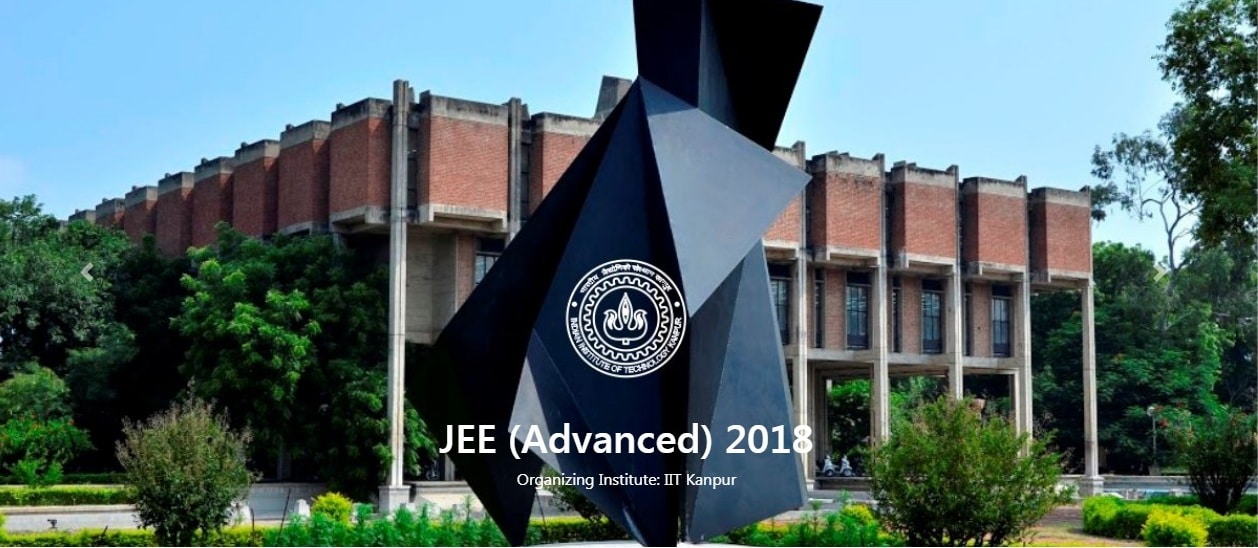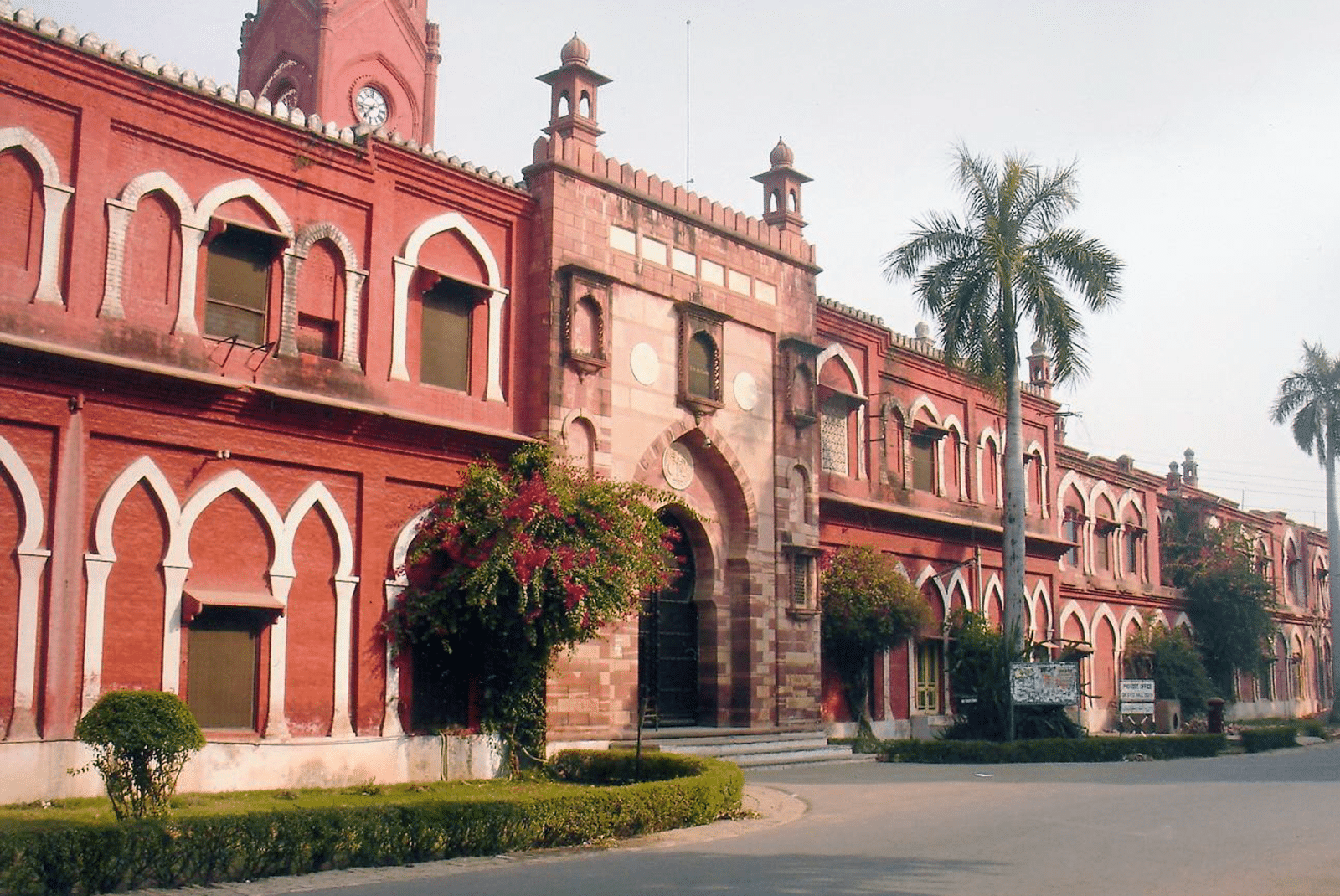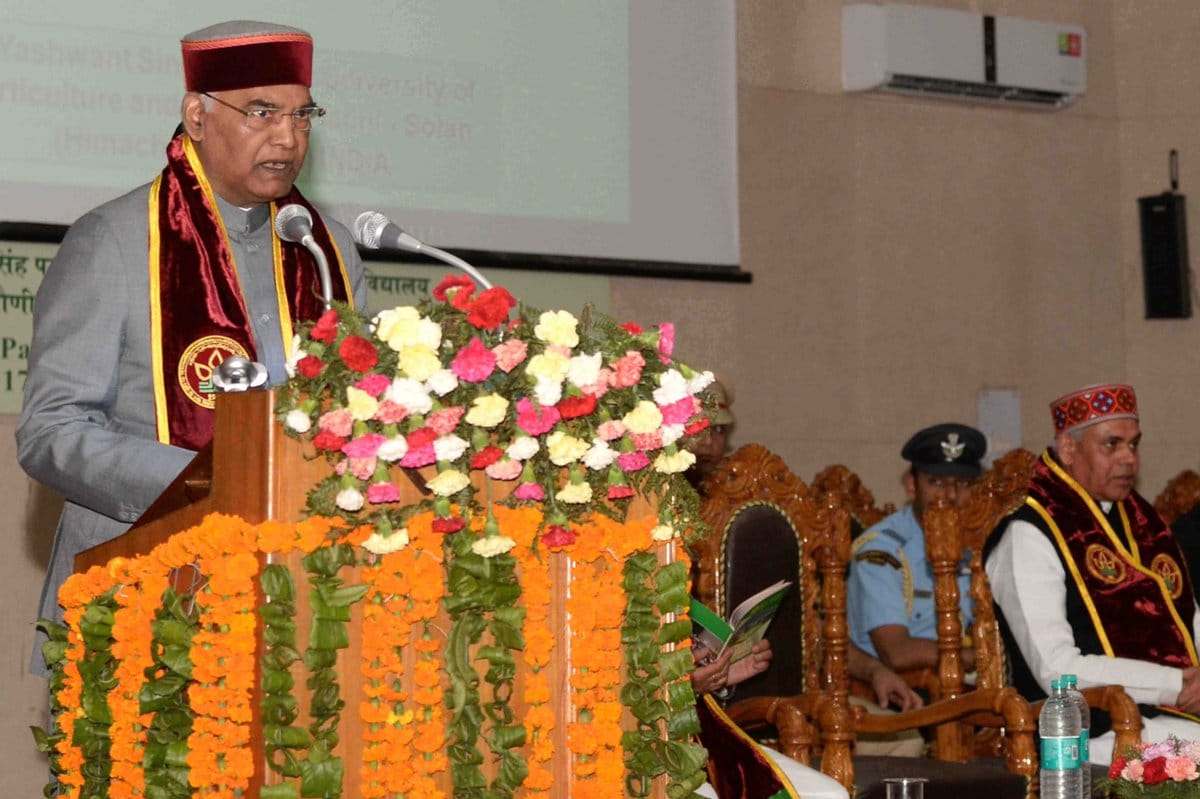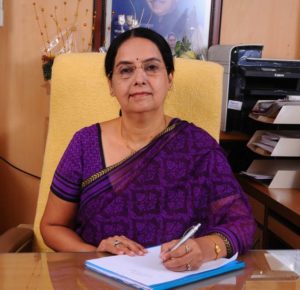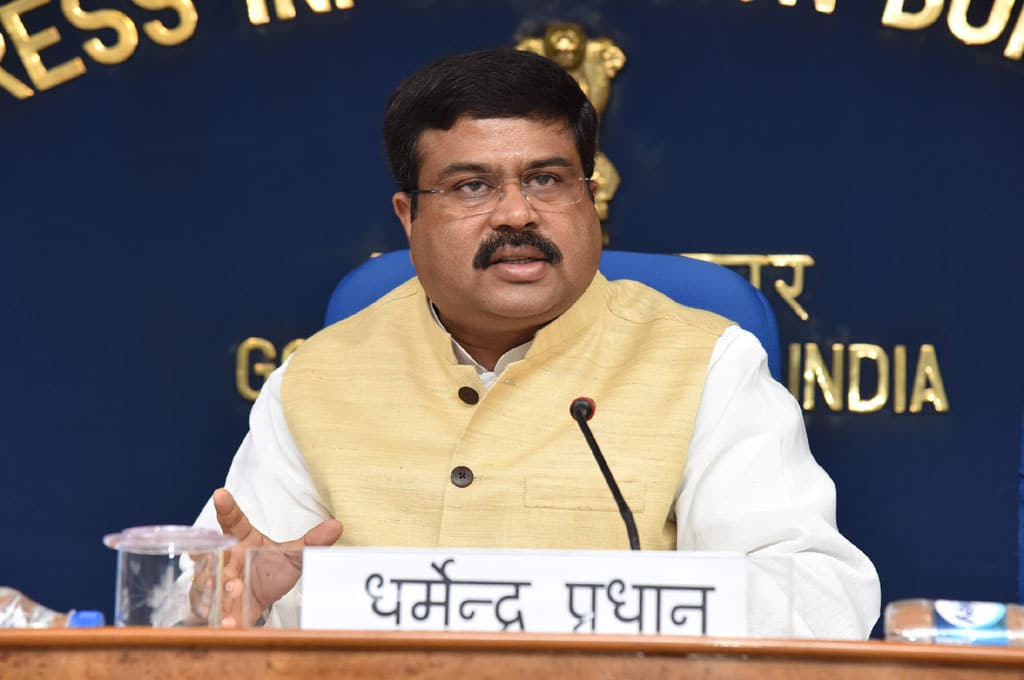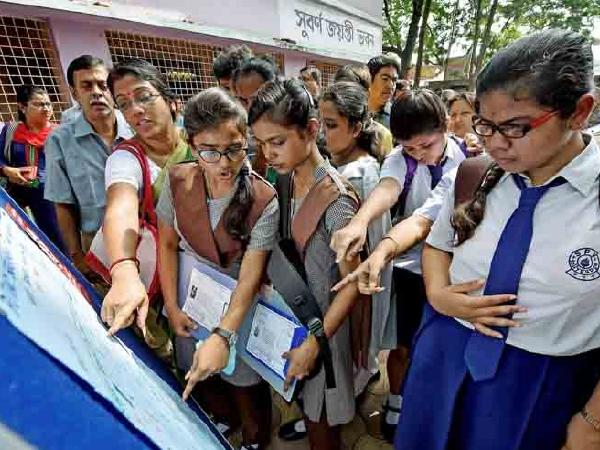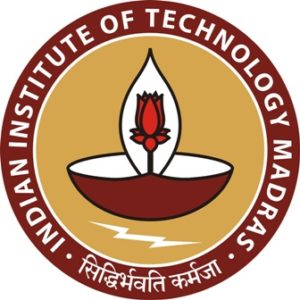Lucknow is going to host the Elets Education Conclave on May 23 to discuss issues and showcase latest and the best practice of the entire education sector.
 Top-notch edu-leaders, policymakers, and stakeholders from the education industry are all set to gather during the conclave on Wednesday. The day-long conference is likely to foster partnership between government officials, schools, colleges, universities and corporate to bridge the industry-academia gap.
Top-notch edu-leaders, policymakers, and stakeholders from the education industry are all set to gather during the conclave on Wednesday. The day-long conference is likely to foster partnership between government officials, schools, colleges, universities and corporate to bridge the industry-academia gap.
With Government of Uttar Pradesh as supporting state partner and Rashtriya Uchchatar Shiksha Abhiyan (RUSA) and All India Council for Technical Education (AICTE) as supporting partner, the conclave is going to be organised by Elets Technomedia Pvt Ltd, the premier technology and media research organisation.
Education Conclave is scheduled to be inaugurated by Sanyukta Bhatia, Hon’ble Mayor, Lucknow. The conclave will also witness deliberations from Ramesh Mishra, Secretary, Higher Education, Government of Uttar Pradesh; Dr Vedpati Mishra, State Project Director, U.P. Education For All Project Board, Lucknow and Special Secretary, Basic Education Department, Government of Uttar Pradesh; K Ravinder Naik, Commissioner & Director, Directorate of Industries, Government of Uttar Pradesh; Ganga Phal, Additional Transport Commissioner, Government of Uttar Pradesh; Dr Manpreet Singh Manna, Director, All India Council for Technical Education (AICTE) and Dr Jagdish Gandhi, Founder-Manager, City Montessori School, Lucknow.
During the conclave, various panel discussions will be conducted on topics like Blended Learning: Exploring Transformative Potential in Higher Education, Importance of Social-Emotional Learning in School Education and Realising Role of Modern Teachers in a Digital World.
There will also be a Round Table discussion on the topic Beyond 3Rs (reading, writing and arithmetic), the new skills global education landscape eyeing on to succeed in 21st century.
During the conclave, top universities, B-schools and engineering colleges and schools ranked by digitalLEARNING magazine will be felicitated. Anil Garg, Divisional Commissioner, Lucknow and Sujit Kumar Pandey, Inspector General of Police, Lucknow, are likely to present the awards to educational institutes for adopting the innovative policies to improve education scenario in Uttar Pradesh.








